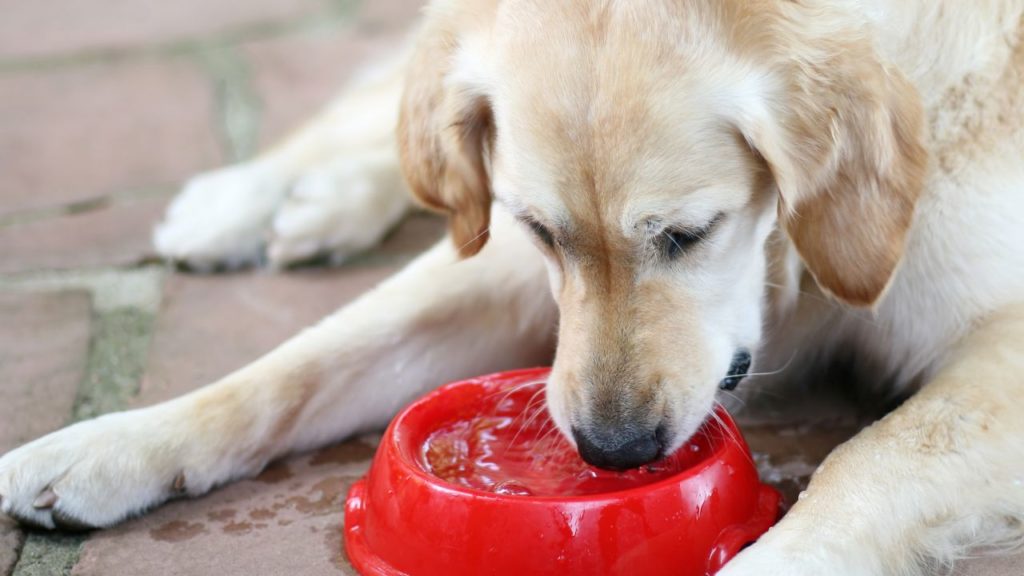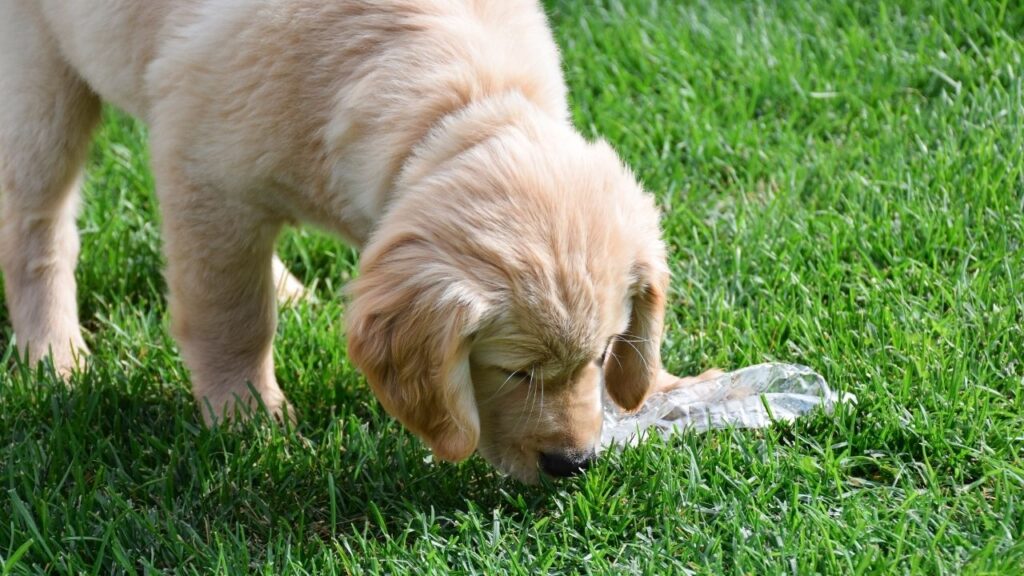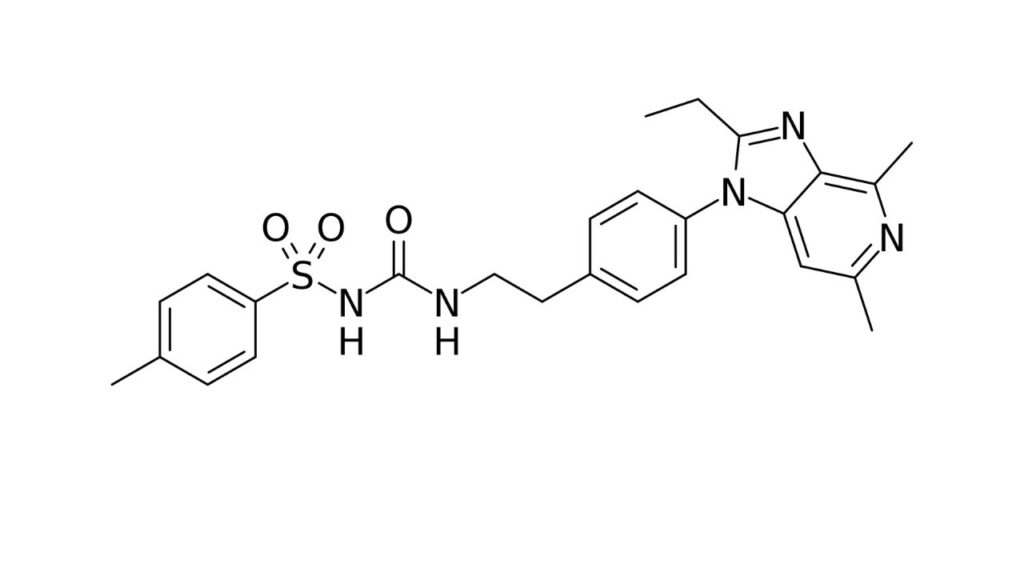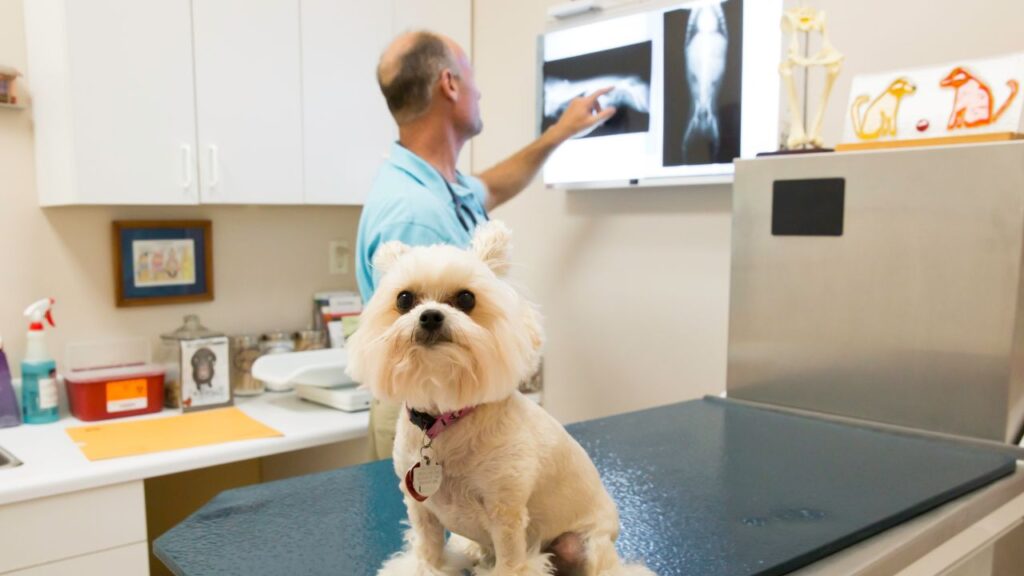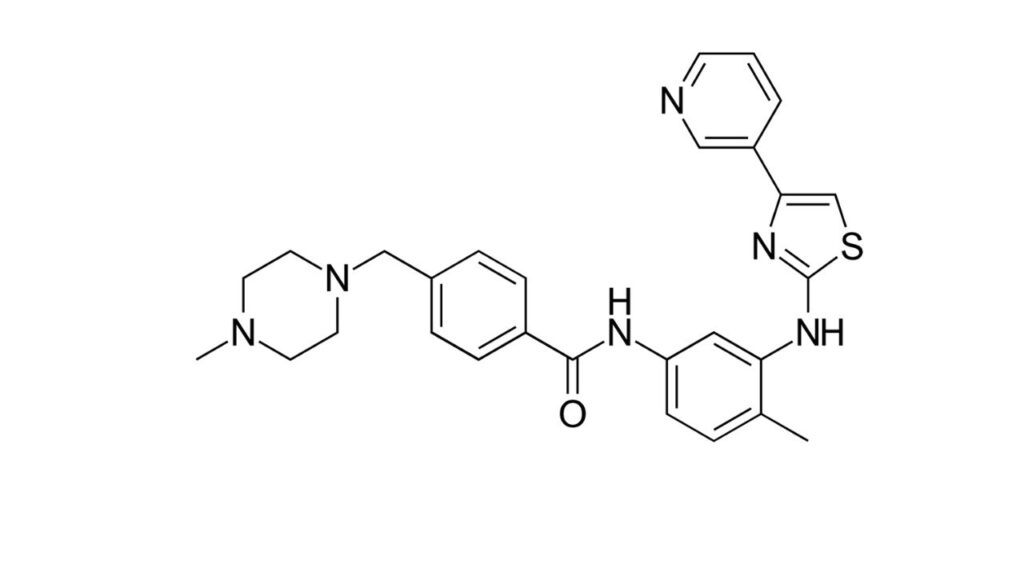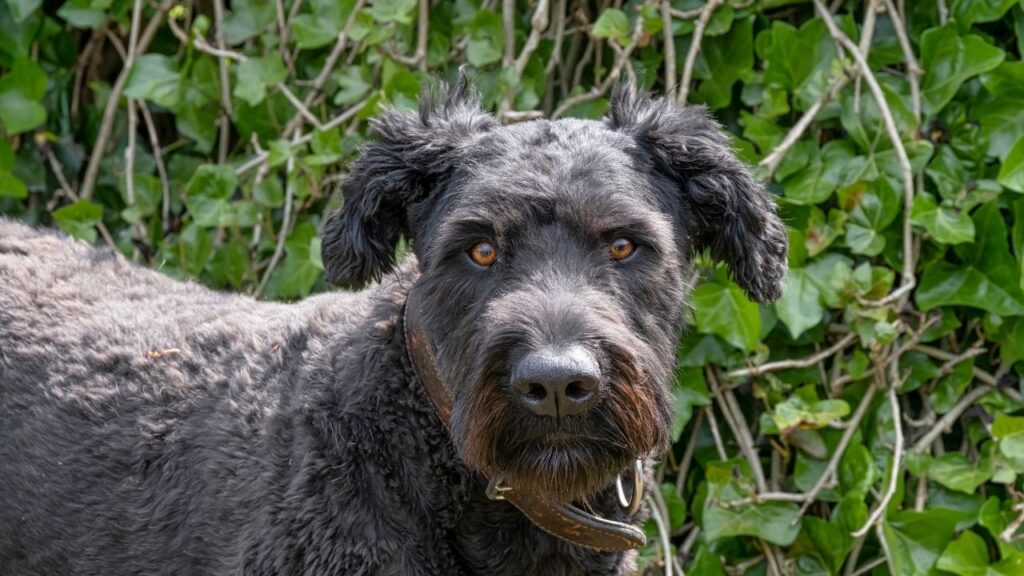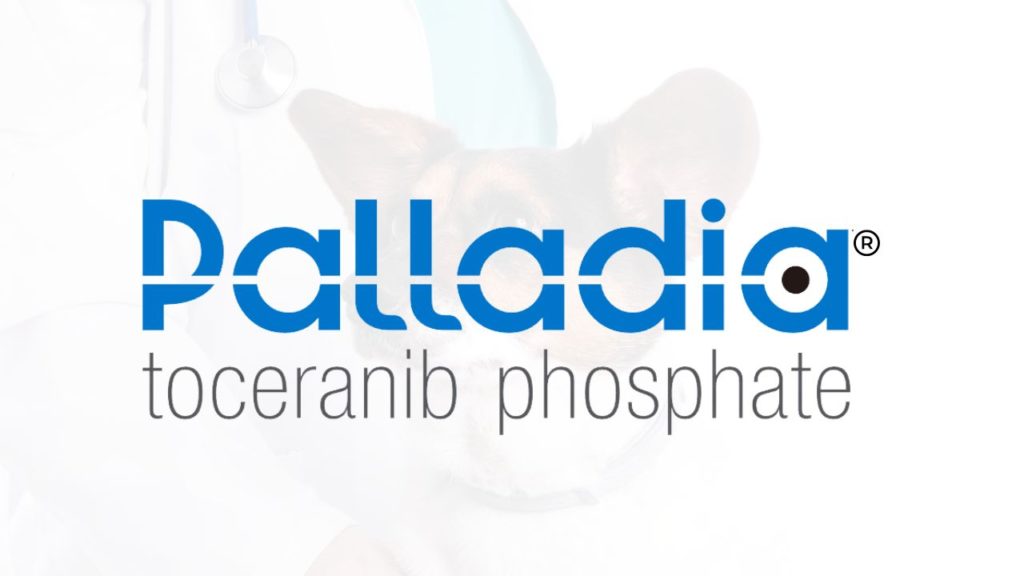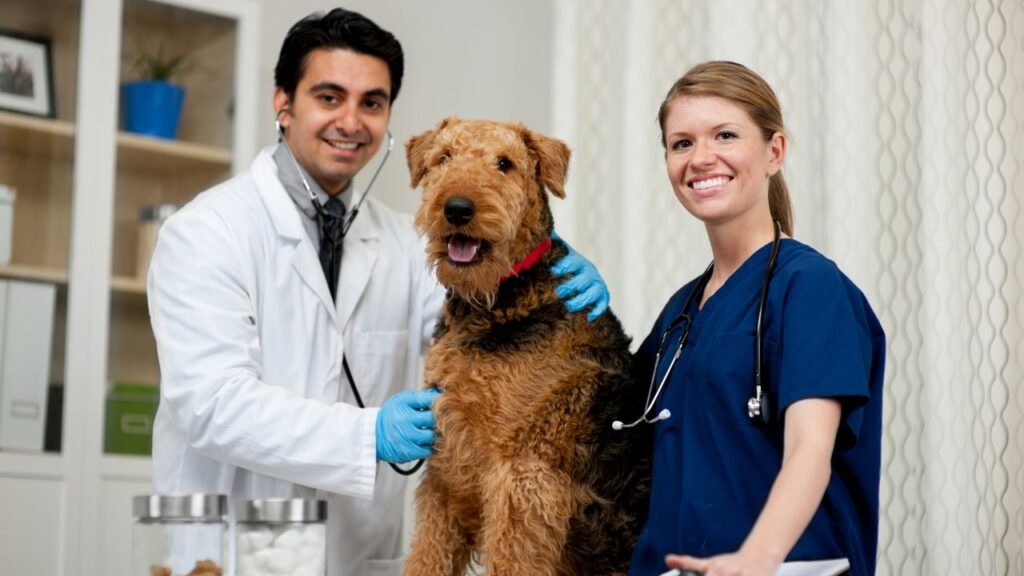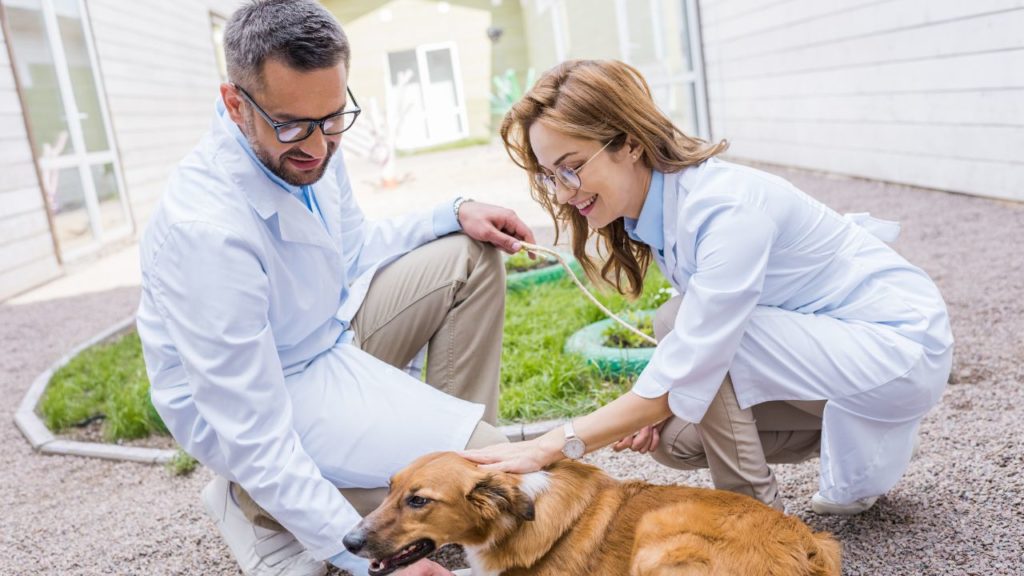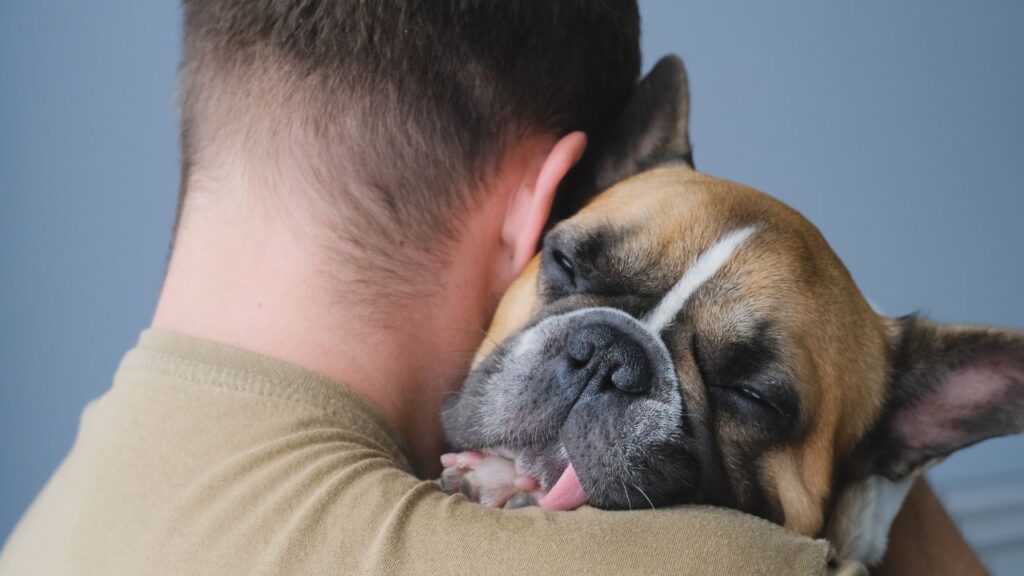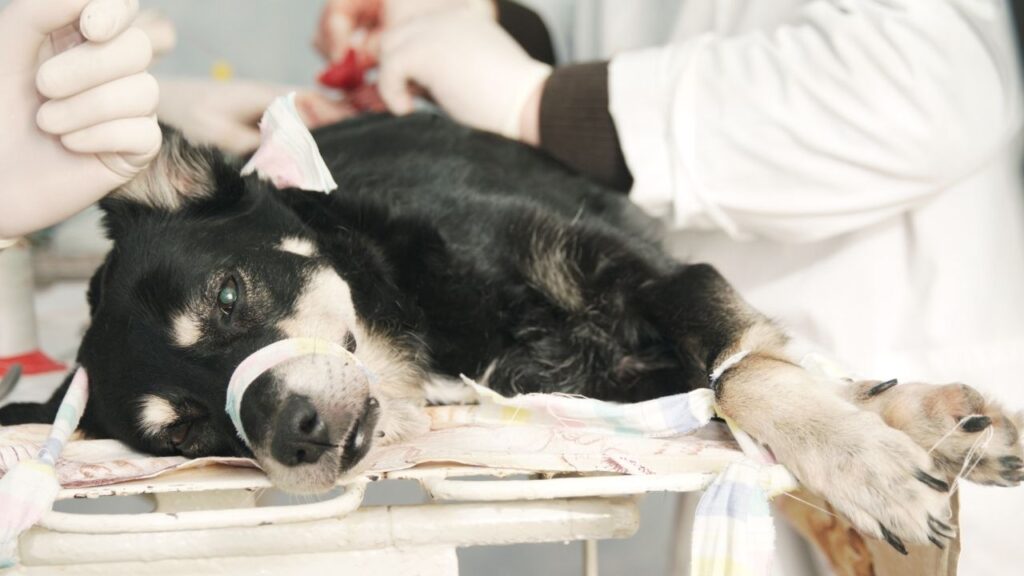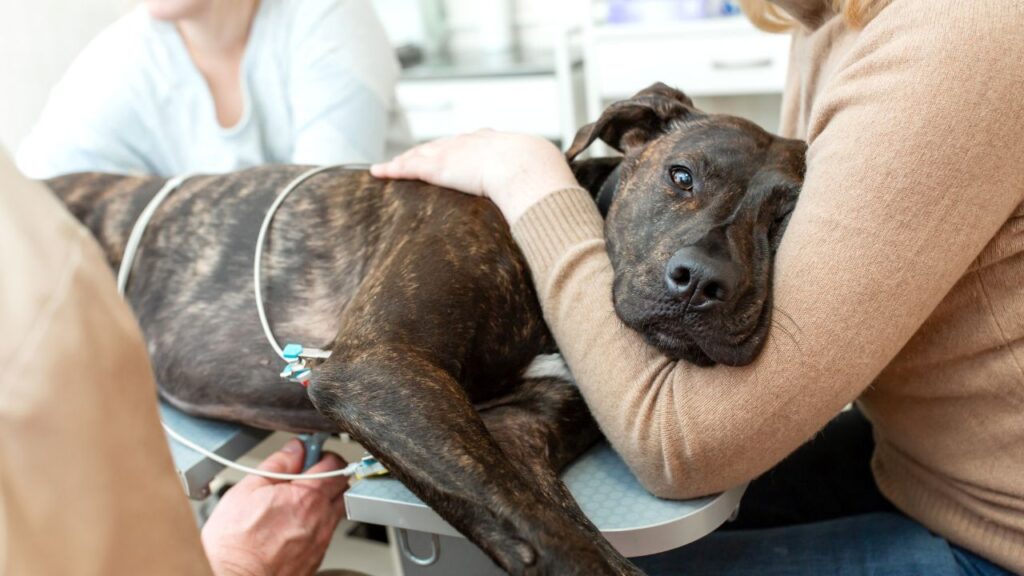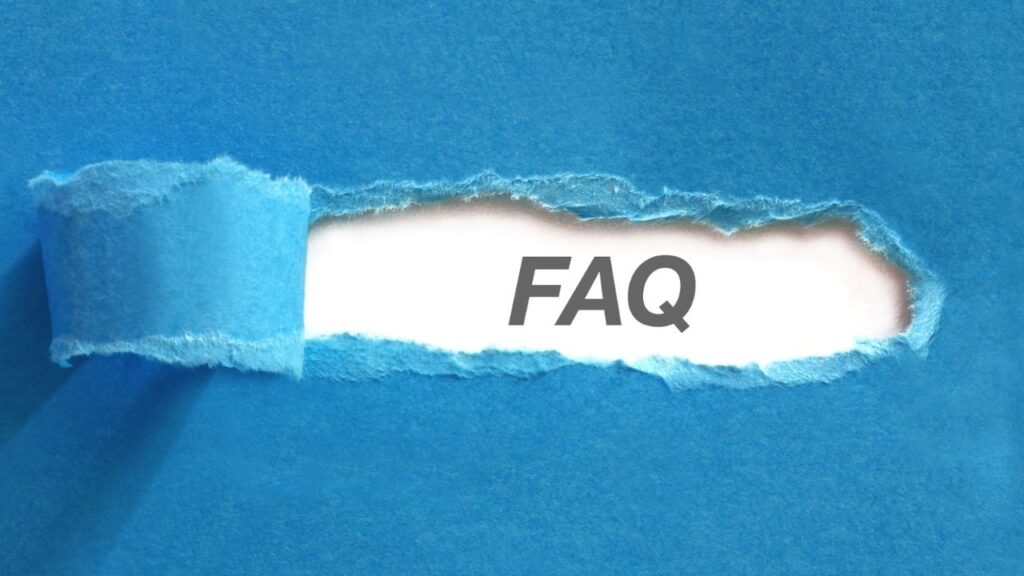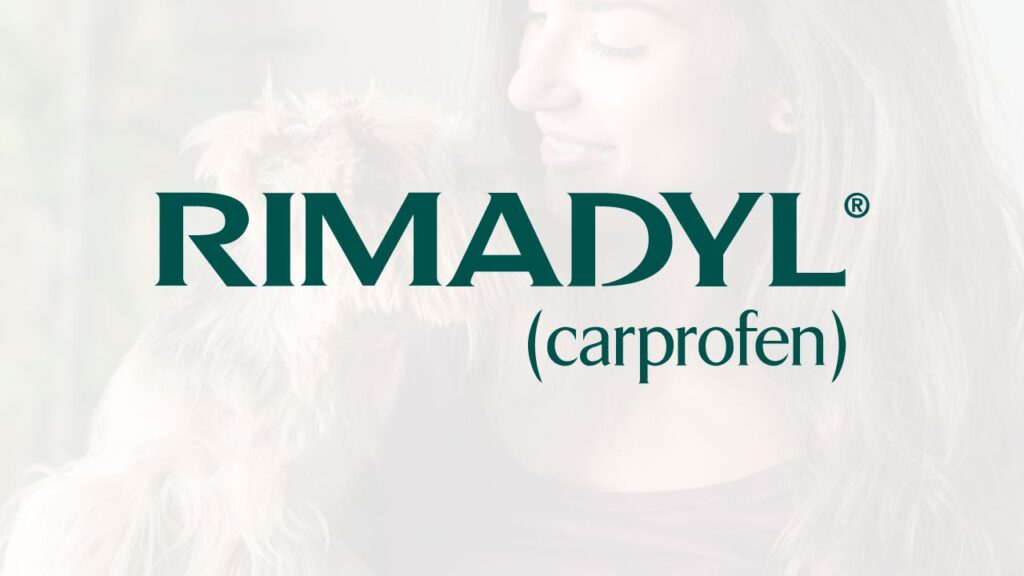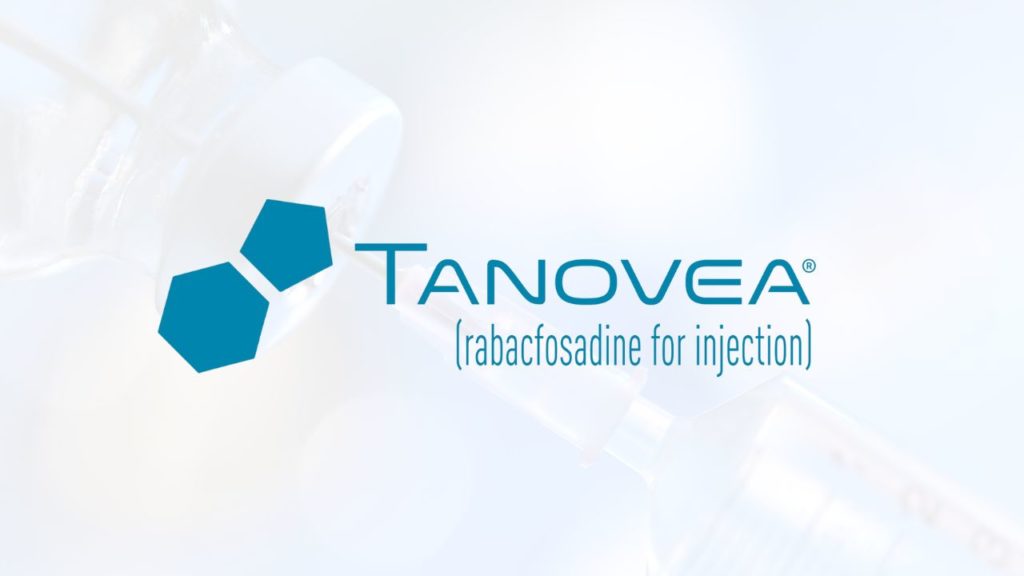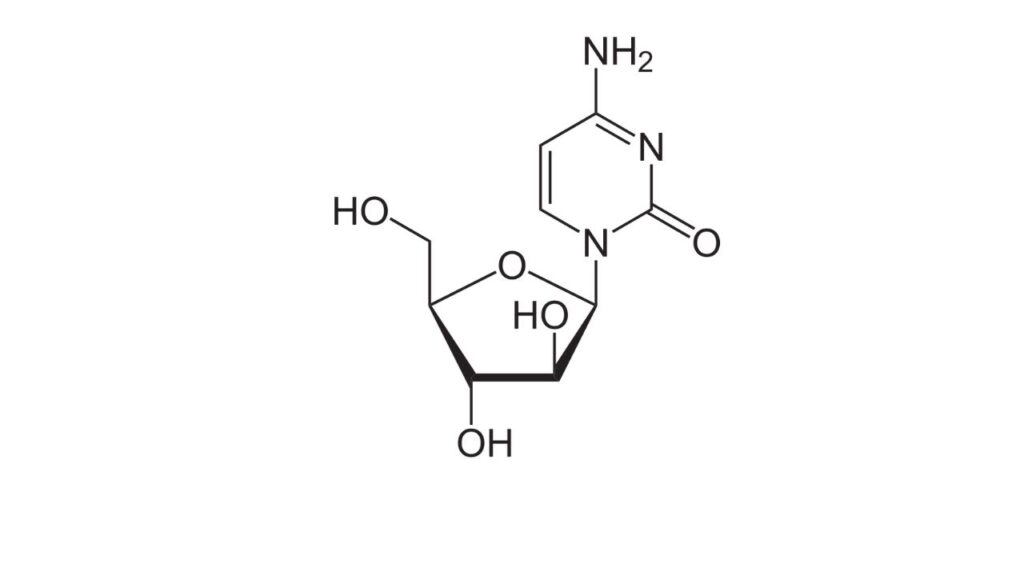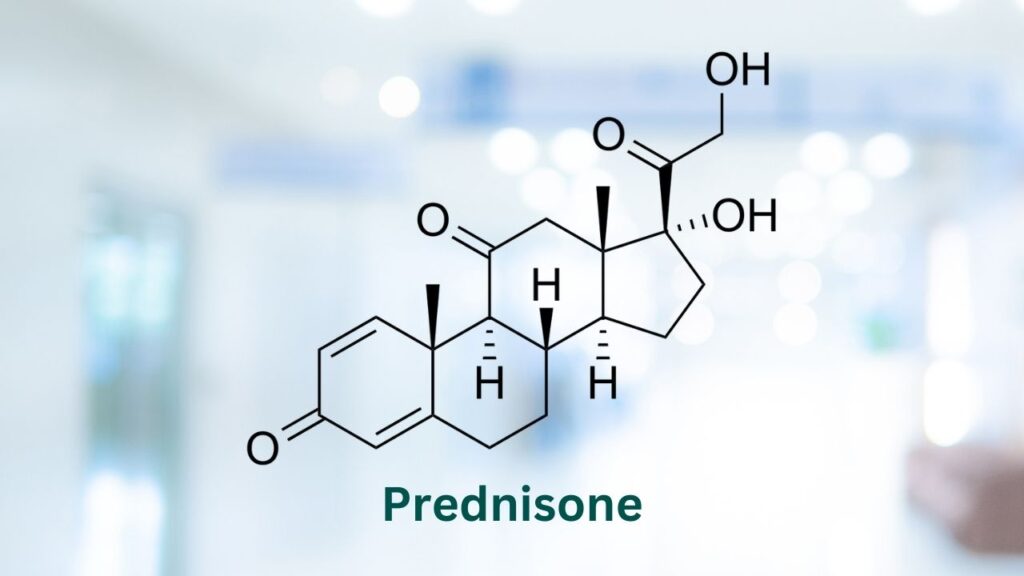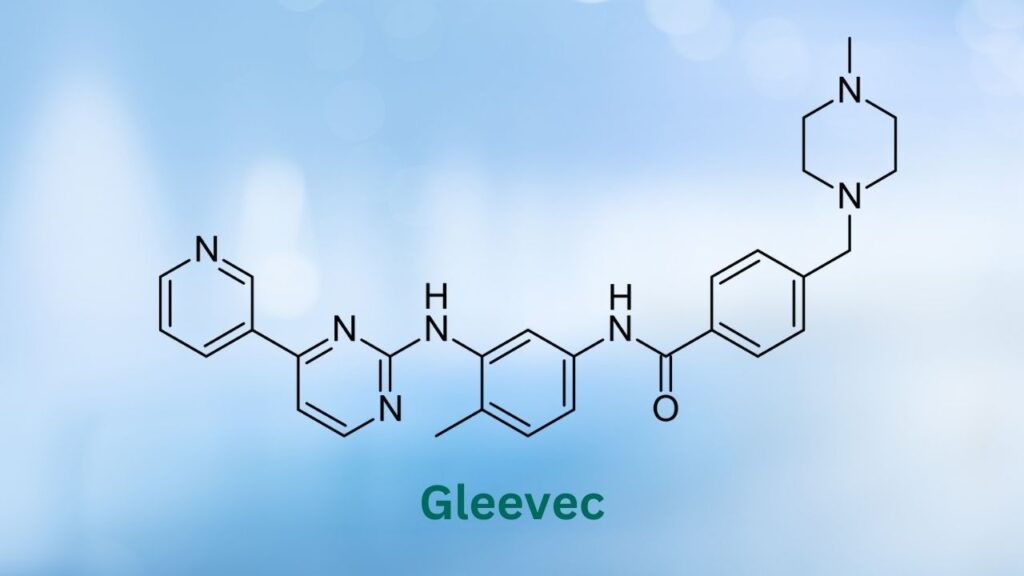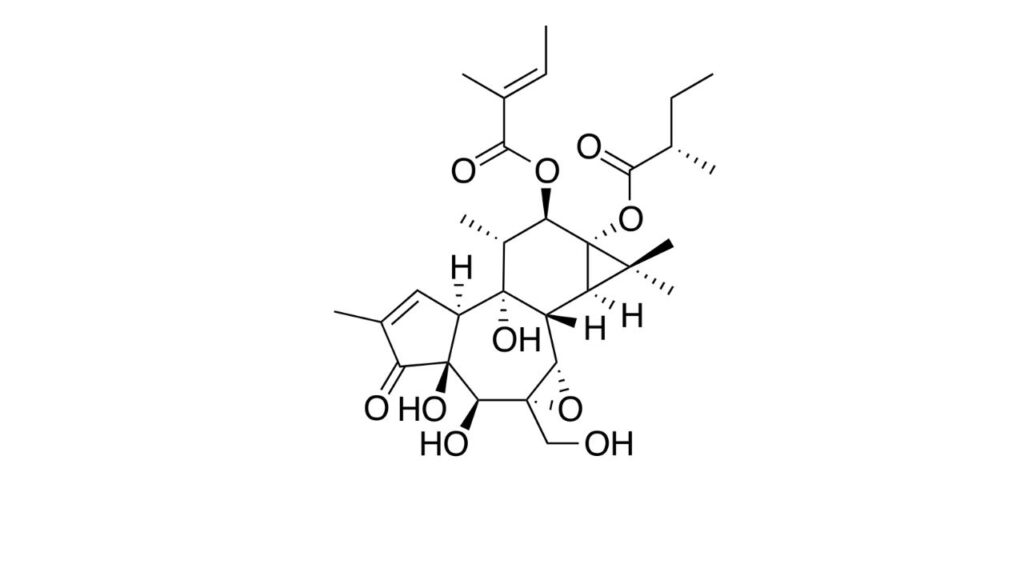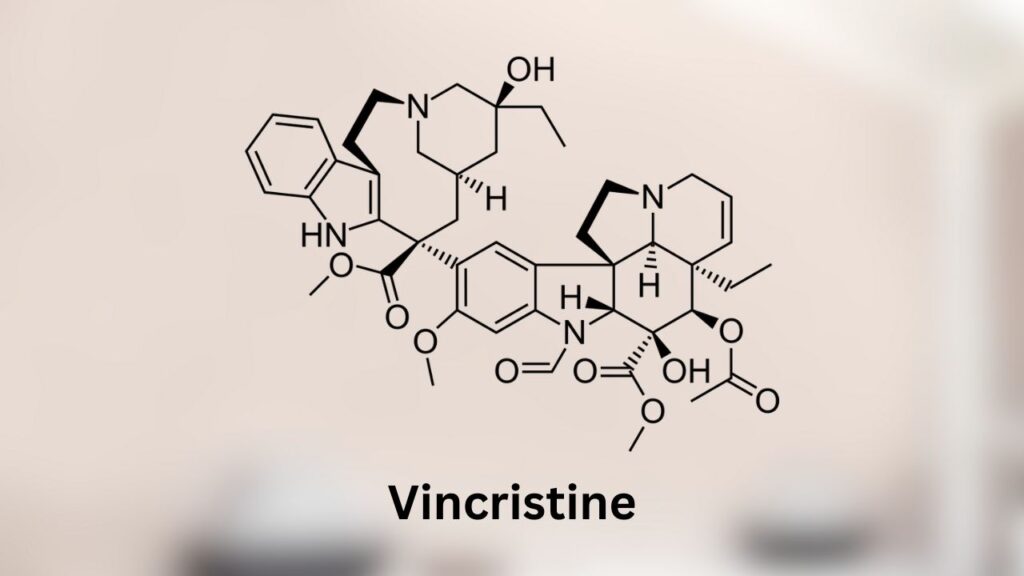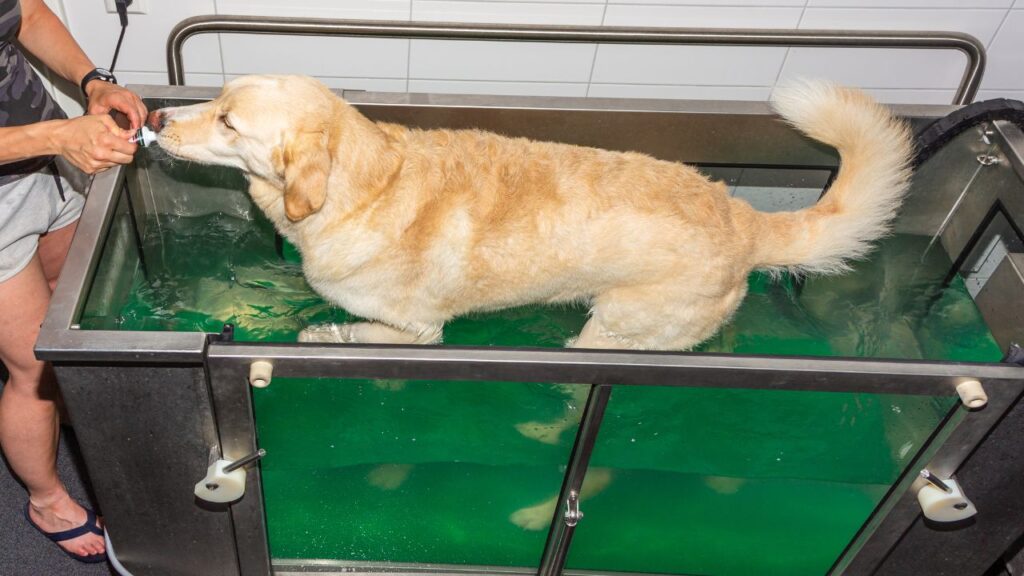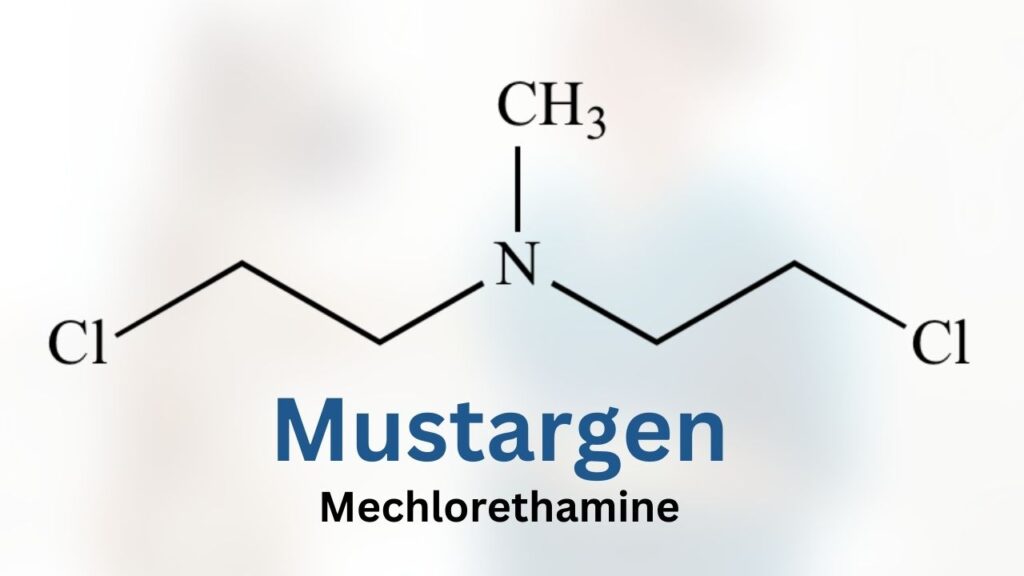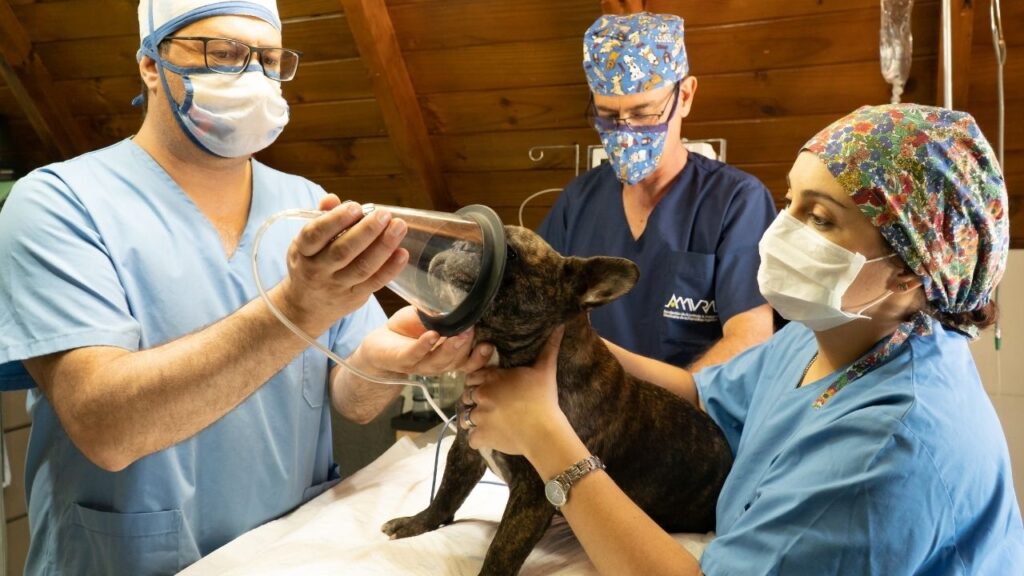Dog Cancer Knowledge Base
These knowledge base articles are the core of DogCancer.com. Every article is carefully vetted. Each one is researched, written, and medically reviewed by at least four independent experts (veterinarians, cancer researchers, and science journalists. The result is organized, easy-to-understand explanations of everything relating to dog cancer. Whether you need to find out more about a prescription drug, a supplement, a food, or a medical procedure, these knowledgebase articles will give you medically sound, nuanced, and complete information. We update articles regularly, so you can always rely on the information you find.
Latest Articles
Bladder Cancer in Dogs, Including Transitional Cell Carcinoma
With new technology for early detection and multiple treatment options available, most dogs diagnosed with bladder cancer, including transitional cell carcinoma, can expect good quality of life for up to two years. read full article
Pharmaceuticals in Drinking Water
There is a growing concern among pet owners about the levels of pharmaceuticals in their drinking water and the wetlands where dogs play. The good news is studies have shown that drinking water in our... read full article
Can Asbestos Affect Dogs?
Dogs are exposed to asbestos in the same ways we are. Unfortunately, asbestos also affects dogs the same way it does people. Mesothelioma in dogs is rare, but it does occur. Make sure you protect... read full article
Can Plastic Cause Cancer in Dogs?
Plastic use is ubiquitous throughout our daily lives, but plastics can be packed with some hard-hitting chemicals known to be dangerous for human (and canine!) health. Even concerted efforts to minimize plastic use and make... read full article
Signs Your Dog Is Dying
Just knowing your dog is nearing the end of life is awful. You and your veterinary team can create a plan to keep you and your dog in the best physical and emotional health possible... read full article
Cottage Cheese for Dogs
As a versatile high protein food packed with calcium and healthy fats, cottage cheese has numerous benefits and serves as an excellent food addition for dogs with cancer and other diseases. read full article
Turkey Tail Mushroom For Dogs
Turkey tail mushroom was one of the first integrative cancer therapies to undergo a clinical trial in Veterinary Medicine, with one study showing that mushroom-derived polysaccharides from turkey tail may delay metastasis and increase survival... read full article
What Does a Veterinary Nutritionist Do?
A veterinary nutritionist can help ensure your dog gets all the nutrients she needs to fuel her body during cancer treatment – and beyond. read full article
Mast Cell Tumors In Dogs
Mast cell tumors are a common type of skin cancer in dogs. They range in severity from small, localized tumors that can remain stable for years to malignant cancers that can quickly spread throughout the... read full article
Help With Vet Bills from Grants and Foundations
Foundations and grants can help with vet bills for your dog’s cancer treatment. There are many application opportunities, and crowdfunding is becoming more and more popular. Strict qualifications for applicants may limit your options, so... read full article
Galliprant for Dogs
Galliprant (generic name: grapiprant) is a non-steroidal anti-inflammatory drug (NSAID) with an excellent safety profile. There is evidence there may be also be some anti-cancer benefits for dogs. read full article
The Difference Between Benign and Malignant Tumors
A tumor diagnosis does not automatically mean it's cancer. Below is a more in-depth explanation of both benign and malignant tumors in dogs, including the most common types and treatment options for each. read full article
Masitinib (Masivet, Kinavet)
Masitinib is a chemotherapeutic approved in the EU for the treatment of Mast Cell Tumors. read full article
Stomach Cancer in Dogs
Stomach cancer in dogs is very rare and has a poor prognosis. However, if caught early enough, surgery to remove the stomach tumor can often provide months to years with a good quality of life. read full article
Prostate Cancer In Dogs
A common cancer in humans, prostate cancer in dogs is quite rare. Dogs are often used as a model to study human prostate cancer, which will help new therapies evolve for both people and dogs. read full article
Palladia for Dogs (toceranib phosphate)
Palladia for dogs (toceranib phosphate) is a medication developed specifically for dogs. The FDA approved this oral drug you give at home in 2009. read full article
Getting a Second Opinion
Second opinions are valuable because two heads are often better than one! read full article
Holistic Veterinarians and Cancer
Consulting a holistic veterinarian, or an integrative veterinarian, can provide some insight into non-traditional treatments, which may support more traditional medical treatments or quality of life. read full article
Managing Your Dog’s Medical Files
Managing medical files is important with a complex illness like cancer. You should keep copies of your dog’s medical files. Most medical records are organized by date and sometimes by file type. Having your dog’s... read full article
Keeping a Journal About Your Dog’s Cancer
As any family member’s medical condition becomes more complex it is important to keep records at home. A journal can be a helpful reference for both you and your dog's veterinarian. Tracking bathroom habits, drugs... read full article
Should My Dog See an Oncologist or Vet?
A general practitioner is often the veterinarian who breaks the initial news of cancer to a dog lover. They may feel comfortable treating cancer, but in many cases, they will refer you to a veterinary... read full article
Questions to Ask Your Vet About Dog Cancer
A cancer diagnosis is overwhelming and confusing. Asking the right questions up front will help you understand all the options so you can make the best decisions you can for you and your dog. Looking... read full article
Dog Euthanasia
Euthanasia is a dreaded topic for most people, but one that all dog lovers will likely face at some point. It is often the kindest and most selfless gift we can give our beloved companions... read full article
Your Dog Surgery Guide
There is a saying among surgeons: “The chance to cut is a chance to cure.” This rings true for many types of cancer that can be cured with surgical intervention alone. Surgery can often buy... read full article
Metastasis and Local Invasion: When Cancer Spreads
Metastasis is when a particular type of cancer spreads from its initial site to more distant parts of the body while local invasion (or spread) is when a malignant tumor expands locally. read full article
Why Dog Cancer Isn’t Caught Early
Even when dog cancer isn’t caught early, it is never too late to take action. Advances in treatment and palliative care have expanded the options for canine cancer patients and their guardians regardless of time... read full article
Dog Cancer Diagnosis: An Overview
The dog cancer diagnosis process can be confusing and hard to navigate alone. This becomes even more difficult when you are distracted by the swirl of emotions that occur when dealing with your dog’s cancer... read full article
The Way Out is Through: Coping Tips for a Cancer Diagnosis
Overflowing with emotions, you may miss some key information because of the initial shock. Here’s how to be true to your feelings while gathering practical information to make this time as comfortable as possible for... read full article
Rimadyl for Dogs (Carprofen)
Rimadyl for dogs (carprofen) is a very effective nonsteroidal anti-inflammatory (NSAID) and non-narcotic medication for dogs. It is used to treat inflammation, fever and pain in dogs. read full article
Tanovea (rabacfosadine) Chemotherapy
Tanovea chemotherapy (generic name: rabacfosadine) is the first FDA-approved treatment for lymphoma in dogs. If standard lymphoma chemotherapy protocols aren’t an option for your dog, or if they fail to control her illness, it may... read full article
Cytarabine
Cytarabine (cytosine arabinoside) is an effective anti-cancer drug that can be used to treat blood cancers in dogs. read full article
Prednisone for Dogs (Prednisolone)
Prednisone is a type of glucocorticoid that is used to treat many different medical conditions in dogs from skin disease to cancer. This medication is particularly effective at reducing inflammation which can help reduce discomfort... read full article
Medicinal Mushrooms for Dogs
Medicinal mushrooms have been used in human medicine for thousands of years. They can also offer health benefits for dogs. Medicinal mushrooms can deliver a boost to your dog’s immune system, help them cope with... read full article
Multivitamins for Dogs
A high-quality multivitamin can help bridge the gaps in nutritional needs missing from your dog’s diet, providing them with the metabolic and immune system support necessary to fight cancer. read full article
Imatinib For Dogs
Gleevec is considered a miracle drug for treatment of multiple leukemia-type cancers. Also known by its generic name, imatinib for dogs can be given as an oral medication at home, so you and your pup... read full article
Free Radicals
Free radicals are the result of a natural and necessary cellular process called oxidation. Too many free radicals in your dog’s body can damage it and have been linked to a number of diseases. Reducing... read full article
The Cost of Dog Cancer: The Four Budgets
It’s not only money you need to budget to treat dog cancer. You also need enough time, emotional bandwidth, and plain physical strength. read full article
Coconut Oil for Dogs
Giving dogs up to one teaspoon per 10 pounds of body weight of coconut oil offers medium chain triglycerides that quickly provide a direct energy source to the liver, brain, and body. read full article
Tigilanol Tiglate (Stelfonta)
Tigilanol tiglate (Stelfonta) is an injectable anti-cancer drug that is injected directly into eligible mast cell tumors and causes the destruction of tumor cells with great success. read full article
Vincristine for Dogs
Vincristine is a chemotherapy drug best known for its part in the CHOP protocol to treat dog lymphoma. read full article
How To Find a Counselor
Therapy sessions can help to better understand trauma or change, develop effective coping mechanisms, or improve overall well-being. The cancer diagnosis or death of our canine companion is traumatic, and you should consider reaching out... read full article
Pollution and Environmental Cancer Causes
Nowadays, humans and dogs share their living space and so our pets are exposed to many of the same environmental pollutants as we are, like tobacco smoke, smog, paints and pesticides. Fortunately, our pets’ risk... read full article
How to Reduce Cancer Risk Using Food
The best dog food for cancer prevention is one that helps keep your dog at a healthy weight, provides her with all the essential nutrients she needs, and does not contain potential carcinogens. read full article
Physical Therapy for Dogs
It’s heartbreaking to see your beloved dog become debilitated by cancer, but there are ways you can support their healing and help them regain mobility. Rehabilitation, which is usually what we call physical therapy for... read full article
Lymphoma In Dogs
Lymphoma -- also called lymphosarcoma -- is one of the most common cancers in dogs. There are over 30 different subtypes of lymphoma in dogs that show a wide variety of behavior, but many of... read full article
Histiocytic Sarcoma
Histiocytic sarcoma is a rare but stubborn dog cancer. There are some early signs of hope that advances in chemotherapy, and immunotherapy-based treatments will provide better treatment options. In the meantime, if you treat it... read full article
Mustargen for Dogs (Mechlorethamine)
Mustargen for dogs is a chemotherapy drug used often in canine lymphoma. read full article
Is Cod Liver Oil Good for Dogs?
While cod liver oil contains beneficial ingredients such as omega-3 fatty acids and vitamins A and D, the inconclusive scientific evidence, risk of toxicity, and potential associated bleeding issues make it a poor choice as... read full article
Amputation in Dogs
Amputation in dogs sounds really scary, but most dogs adapt very well to amputation, and it can provide you and your dog with more pain-free quality time together. read full article
Dog Anesthesia
Dog anesthesia is a powerful tool that allows us to perform diagnostic procedures and treatments that would otherwise be impossible. read full article

